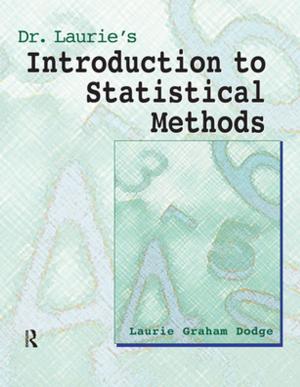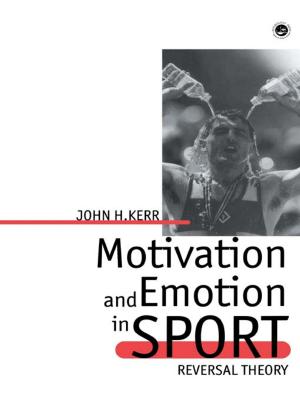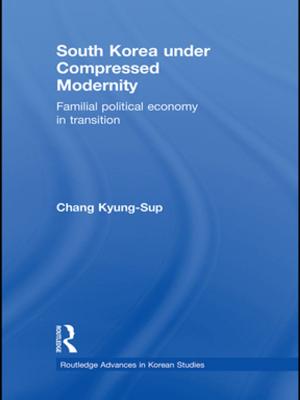Doing Business in a New Climate
A Guide to Measuring, Reducing and Offsetting Greenhouse Gas Emissions
Nonfiction, Social & Cultural Studies, Political Science, Government, Public Policy| Author: | Morag Carter, Paul Lingl, Deborah Carlson | ISBN: | 9781136543906 |
| Publisher: | Taylor and Francis | Publication: | February 9, 2010 |
| Imprint: | Routledge | Language: | English |
| Author: | Morag Carter, Paul Lingl, Deborah Carlson |
| ISBN: | 9781136543906 |
| Publisher: | Taylor and Francis |
| Publication: | February 9, 2010 |
| Imprint: | Routledge |
| Language: | English |
Around the world, a growing number of businesses are taking steps to reduce their climate impact by managing their greenhouse gas emissions. At the same time, these businesses are discovering that effective greenhouse gas management can enhance their brands, motivate employees, increase operational efficiencies, and save money. This guide walks readers through the key activities that make up a greenhouse gas management program, including measuring, reducing, and offsetting emissions and developing a communications strategy around the program. Throughout, case studies of over fifty leading businesses from around the world highlight innovation and solutions to common challenges, and further resources are provided for each section. While this guide was developed primarily for the business community, many of the greenhouse gas management practices explored can also be used by other organizations that wish to reduce their climate impact, including government agencies, municipalities, non-governmental organizations and educational institutions. Published with the David Suzuki Foundation.
Around the world, a growing number of businesses are taking steps to reduce their climate impact by managing their greenhouse gas emissions. At the same time, these businesses are discovering that effective greenhouse gas management can enhance their brands, motivate employees, increase operational efficiencies, and save money. This guide walks readers through the key activities that make up a greenhouse gas management program, including measuring, reducing, and offsetting emissions and developing a communications strategy around the program. Throughout, case studies of over fifty leading businesses from around the world highlight innovation and solutions to common challenges, and further resources are provided for each section. While this guide was developed primarily for the business community, many of the greenhouse gas management practices explored can also be used by other organizations that wish to reduce their climate impact, including government agencies, municipalities, non-governmental organizations and educational institutions. Published with the David Suzuki Foundation.















